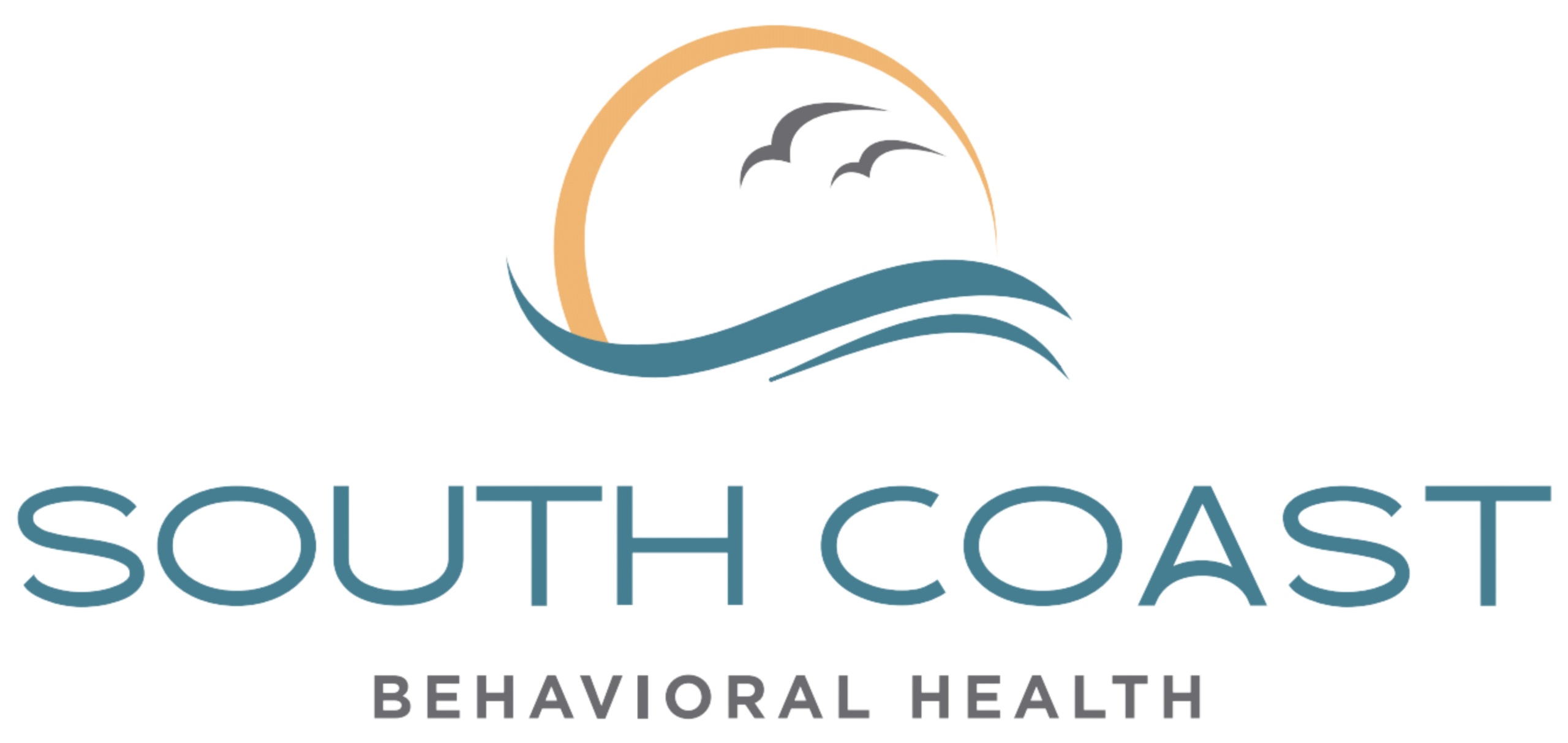Gender-Specific Addiction Treatment
What Is Gender-Specific Addiction Treatment?
Gender-specific addiction treatment refers to a treatment center for drug and alcohol addiction designed to meet the specific needs of either gender when someone struggles with addiction. Men and women abuse substances differently due to biological and societal factors. There are gender differences in dependency rates, drug preferences, and how the brain reacts to substance use.
Men and women use substances for various reasons and are exposed to different situations that lead to relapse. Gender-specific treatment plans and gender-specific programming consider these concerns and cater to the requirements of each sex in a welcoming and encouraging setting. We are a treatment provider and recovery center offering options for different sex and gender. Our programs include residential and outpatient rehab, an intensive outpatient program, 12 step programs, anxiety treatment, depression treatment, dual diagnosis treatment therapies, and substance abuse treatment.
What Is The Purpose of Gender-Specific Care?
Define Challenges
Defining the gender-sensitive issues that impact substance abuse, treatment, and recovery.
Identify Needs
Identify each client's needs in treatment within the context of gender norms and stereotypes.
Promote Participation
Incorporate gender-sensitive polices to encourage client engagement and change.
Why Choose Gender-Specific Rehabilitation?
Men and women alike can become addicted to substances, according to the National Institute on Drug Abuse (NIDA), depending on several circumstances. However, gender-specific therapy at South Coast Behavioral Health can be effective in full recovery, even if many people can thrive in a mixed-gender rehab facility.
Gender-specific initiatives offer men and women several advantages, including:
- Specialize in physiological, emotional, and interpersonal concerns specific to gender
- Acknowledge and supports gender diversity and equality
- Increase comfortability, trust, and camaraderie among same-sex clients
- Minimize client distraction and feelings of unease around the opposite sex
- Eliminate the risk of dependent relationship development between male and female clients
- Encourage open discussion of social and cultural influences that may lead to substance misuse
How Does Addiction Affect Genders Differently?
Both men and women experience the effects of addiction. A disruption in personal, social, professional, and familial realms occurs regardless of gender. However, there are specific distinctions between how drug use disorders manifest in men and women, how they feel the effects of their substance abuse and the different types of care they require to recover fully. Gender-specific recovery programs for substance use disorders can help those struggling with addiction. Our treatment center is here to help.
Read on to learn how men and women with alcohol or drug use problems differ.
Addiction in Men
Nearly all illicit drug usage is more prevalent among males than females. Men typically avoid the ER and are more likely to perish from an overdose as a result of using illicit substances. Illicit drug usage includes misusing prescription medications, including marijuana.
Men frequently begin taking drugs for reasons other than those that women do. Male fraternities often encourage members and pledges to drink alcohol as a social rite of passage. Men also begin binge drinking sooner and more frequently than women. Binge drinking is more likely to lead to alcohol-related issues. Statistically, men have a much higher risk of developing a drug use disorder than women.
Addiction in Women
When compared to men, women become more easily dependent on alcohol and at a quicker pace. This is because women typically have higher levels of body fat and less body water than males. Additionally, women are more likely than men to have co-occurring mental health and drug use disorders. Diagnostic criteria for mood disorders, depression, agoraphobia, post-traumatic stress disorder (PTSD), anxiety, and eating disorders are more frequently experienced by women.
Why Is Gender-Specific Treatment Important?
Whether consciously or not, many individuals recovering from drug or alcohol abuse often look for something to replace the feeling they got from using the substance. Some people develop behavioral addictions in the absence of drugs and alcohol, but the most common replacement in early sobriety is the comfort of another person.
Co-dependent relationships between a male and a female client pose a risk during treatment because this dependence causes the emotions and feelings of one person to have an influence over the other. While the risks of co-dependent relationships are countless, the most common result is one or both of the clients leaving treatment against medical advice and relapsing. On the other end of the spectrum, the counterparts of a co-dependent relationship may stay in treatment but remain distracted and not able to focus on healing from the core issues that drive their substance abuse.
Our gender-specific treatment programs provide time away from the opposite sex, eliminating the chances of two clients developing female and male-dependent relationships during treatment for drug and alcohol abuse.

Addiction Treatment for Men
Addiction treatment for men should confront the many societal issues that affect men differently than women. Even by deciding to attend treatment, many men may experience feelings of weakness or failure. This mentality impedes development and may eventually result in relapse. A key aspect of quality rehabilitation programs is the personalization of each treatment plan. This is because treatment plans are made to assist in changing an individual’s perspective on addiction and treatment, and ultimately be a roadmap to discovering the core beliefs or issues that motivate that individual’s substance abuse.
Men are typically viewed as stoic, composed, and self-sufficient. These expectations prevent men in therapy from making genuine progress, which may appear to be a mistrust of their counselors but is motivated by a desire to maintain their status and reputation. These dynamics are considered and treated specifically in addiction treatment for men.
Addiction treatment for men consists of general and male-specific groups. General rehab focuses on being free from judgment or feeling weak, opening up, and removing the need to “perform” for women. Group focus entails male cultural roles and stereotypes along with male sexual abuse and trauma.
- Group therapy with other men
- Men's group topics in recovery
- Male-only on-site housing during residential treatment
- Understanding and supportive environment
Addiction Treatment for Women
Women can connect easily with drug and alcohol programs that offer women-specific therapy. Emphasizing gender-specific trauma and gender-specific support groups can evoke empowerment and belonging amongst women as they gain support from others who have had similar experiences. For instance, women who have experienced sexual abuse, gone through pregnancy, suffered a miscarriage, or struggled with substance use disorders (SUD) can feel safe and secure sharing their experience in a private setting with other women. Sharing intimate details of your life — especially experiences that may feel shameful — requires vulnerability and trust, which is why creating a female-only therapeutic space is not only considerate of a woman’s recovery requirements but is critical for a woman’s healing process.
Along with treatment for SUDs, women can also obtain therapy that addresses poor body image, low self-esteem, and anxiety associated with upholding gender-based norms of beauty or responsibility. Female-focused therapies enable each group member to talk about personal gender-focused issues, feel secure in the company of their peers, avoid being sidetracked by relationships outside of the group, and receive focused care.
Addiction treatment for women consists of general and women-specific groups. General rehab focuses on building a non-triggering and nonjudgmental space. Many women have experienced trauma that may have been caused by men, therefore, creating a supportive and nurturing haven from male-related triggers of verbal, physical, or sexual assault and trauma is necessary. Group therapy for women can involve relationships, family life, workplace dynamics, and motherhood.
- Group therapy with other women
- Women's group topics in recovery
- Female-only residential housing
- Empathetic and empowering environment
Gender Specific Addiction Treatment
Frequently Asked Questions
Should My Addiction Treatment Program Be Gender-Specific?
Yes. The removal of distractions from the other sex and the ability for clients to talk about particular topics and experiences more comfortably are two reasons why South Coast adopts this technique. In essence, the therapy method enables both sexes to concentrate on certain aspects or shared experiences during their treatment.
What Does Gender-Specific Addiction Treatment Look Like in Practice?
People in gender-specific therapy receive unwavering compassion and support as they battle addiction. In gender-specific therapy, men and women are able to empower one another and create a solid support network, giving them the life skills they need to lead successful lives after recovery.
What Are the Types of Rehab?
The different types of alcohol and drug rehab include:
- Inpatient rehab
- Sub-acute detox / Medical detox
- Alcohol detox
- Drug detox
- Residential treatment
- Sub-acute detox / Medical detox
- Aftercare rehab
- Partial hospitalization
- Intensive outpatient
- Outpatient rehab
Common types of rehab programs include:
- Gender-specific treatment programs
- Dual-diagnosis treatment programs
- Faith-based programs
- 12-step programs
- Holistic treatment programs
- Trauma-focused therapy programs
- Alternative recovery programs
Within these rehabilitation settings, different specialties can provide clients with individualized care.
How Long Does Treatment Last?
The duration of addiction treatment will vary depending on the person, their substance use history, clinical concerns, and their condition. If the individual has an untreated co-occurring disorder, it will typically extend their time in treatment so that we are able to identify, treat, and devise a plan to manage those symptoms as well.
Treatment length is determined by the substance used, how long it’s been used, treatment usually lasts a few days to weeks. To assure long-term recovery, inpatient treatment may be for a few weeks as well. Depending on the client’s needs, outpatient therapy may continue.
How Long Should Women/Men be Separate for Treatment?
From our experience, it is best for men and women to be separated during treatment throughout the most intensive levels of care. At South Coast, men and women remain separate during our inpatient programs — medical detox and residential treatment. Men and women will co-mingle during our partial-hospitalization program (PHP) and intensive outpatient program (IOP).
What Are the Benefits of Gender-Specific Treatment?
There are many benefits to a gender-specific treatment, some of which include: distraction-free care, treatment focus remaining on healing, reduced rates of leaving treatment prematurely (against medical advice), men’s only rehab allows men to become more forthcoming about their emotions, and fears, female only drug rehab allows women to openly share about more vulnerable experiences.
Fundamentally, gender-specific treatment programs allow for further personalization in the clinical setting.
Our Gender-Specific Treatment
for Substance Abuse
There are countless benefits of gender-specific treatment. There are no outside distractions at South Coast, allowing our clients to focus entirely on their recovery. We provide a customized treatment plan that fits your needs. In a group therapy program, our therapists assist in developing close relationships with peers to promote healing through honest dialogue and support. Our treatment options can help you overcome opioid addiction, cocaine addiction, alcohol addiction, heroin addiction, alcohol detox, alcohol withdrawal, and a number of other specific treatment options for substance use disorders.
The proper program, counseling strategies, family therapy, and medical professionals are vital to treating male and female substance use issues successfully. The best way to begin your recovery path and receive the appropriate response to the question “What is gender-specific treatment?” is to speak with rehab facility professionals. For additional information and for an insurance verification, call South Coast at (866) 881-1184 and start your addiction recovery.
Get A Confidential Assessment From A Recovery Specialist
Gender-Specific Addiction Treatment in California
As a gender-specific addiction treatment provider in California, South Coast provides multiple gender-responsive treatment modalities and support during your time in inpatient treatment. From the moment you call us through the end of treatment, we will guide you through the process of recovery and help you create a new, fulfilling life.
South Coast offers rehab for men in California in:
Irvine, CA
DETOX FOR MEN
We provide gender-specific addiction treatment at our men’s detox center in Irvine, CA.
MEN’S REHAB
We provide gender-specific addiction treatment at our men’s residential treatment program in Irvine, CA.
Costa Mesa, CA
MEN’S REHAB
We provide gender-specific addiction treatment at our men’s residential treatment center in Costa Mesa, CA.
South Coast offers rehab for women in California in:
Huntington Beach, CA
WOMEN’S DETOX CENTER
We provide gender-specific addiction treatment during detox for women at our medical detox center in Huntington Beach, California.
WOMEN’S REHAB CENTER
We provide gender-specific addiction treatment at our women’s residential treatment center in Huntington Beach, California.
Learn more about our treatment programs in Huntington Beach, CA
Each of our male inpatient rehab programs and treatment centers for women in California offer a wide range of services and dedicated addiction specialists who will help you begin your journey. We believe in empowering real people to get real, lasting results in recovery. Contact us today to get started!
















